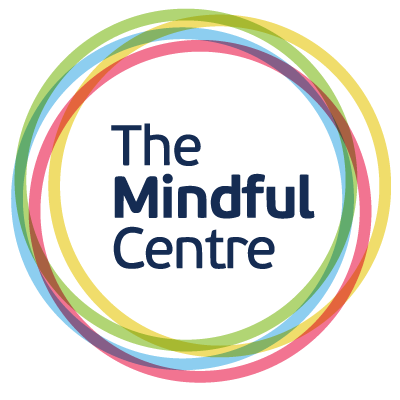How to recognise anxiety in your friends, and how can you help?
Is your friend not themselves at the moment?
Are they quick to snap or lash out?
Do they seem stressed and overwhelmed?
Are they suddenly busy and not interested in going to social situations?
They may be silently suffering from anxiety.
Around 2 million Australians live with anxiety, and up to 1 in 3 women and 1 in 5 men are will experience anxiety in their lifetime! Anxiety is all about thoughts of pending danger which results in feelings of dread, and ultimately being overwhelmed. The good news, support-seeking appears to be growing at a rapid rate, with around half of all people experiencing anxiety conditions now getting treatment and the condition is treatable.
Anxiety at normal levels is a way for our body to get prepared for, or avoid difficult, stressful or harmful situations. It is a natural emotion and a necessary survival instinct that is designed to keep us safe from a potential threat, but when these feelings extend beyond the situation or start to get in the way of daily life and prevent individuals from reaching their full potential, it may be time to seek professional help.
Anxiety symptoms can be physical, psychological or behavioural, or a combination of all three. Physical symptoms can include panic attacks, shortness of breath, cold/hot flushes, racing heart, restlessness, shaking, and some of the psychological symptoms can include excessive fear, worrying, obsessive thinking, poor sleep and an inability to relax. The most common behavioural symptom is avoiding and withdrawing from social situations.
Usually, those who suffer anxiety have perceptions of worst-case scenarios, fear the worst, or overgeneralise the probability of these things eventuating. They also tend to underestimate their coping skills to respond effectively if these things did occur. Even if you are not able to validate these perceptions try to communicate that you are there for them and that you may not agree, but that you can see these are distressing for them.
If you notice any of these symptoms in your friends, it is important that you:
- Recognise the issue
- Ask if they are ok
- Listen with an open mind
- Encourage them to seek support if necessary. This can be through seeing a counsellor, psychologist or getting in touch with mental health hotlines and online support such as RUOK, Headspace, Beyond Blue, or Reach Out.
There are many ways to help manage anxiety and the sooner people get treatment, the more effective the intervention. Sometimes severe anxiety can develop over time and those around us may not realise that their behaviour has changed. If you are personally experiencing any of the symptoms mentioned above, please reach out for support from friends, family or a professional.
We are here to help - https://themindfulcentre.com.au/contact-us
